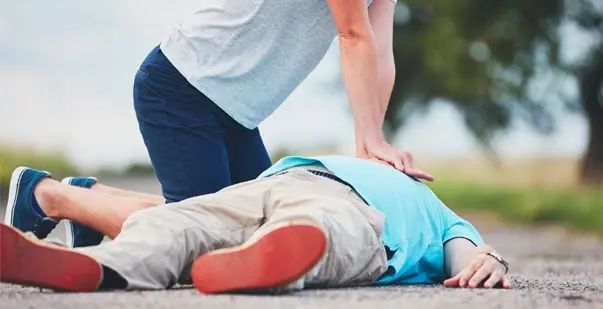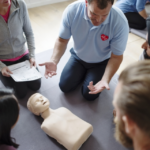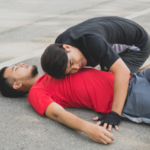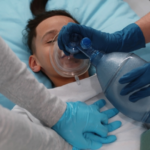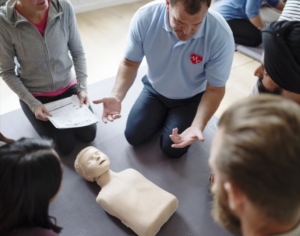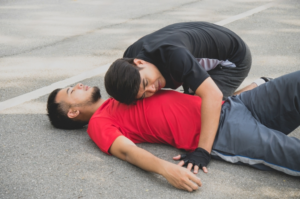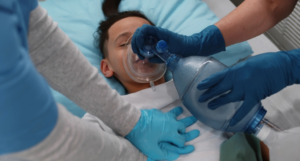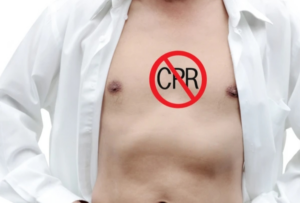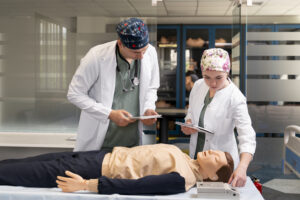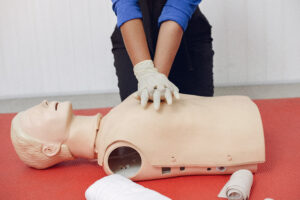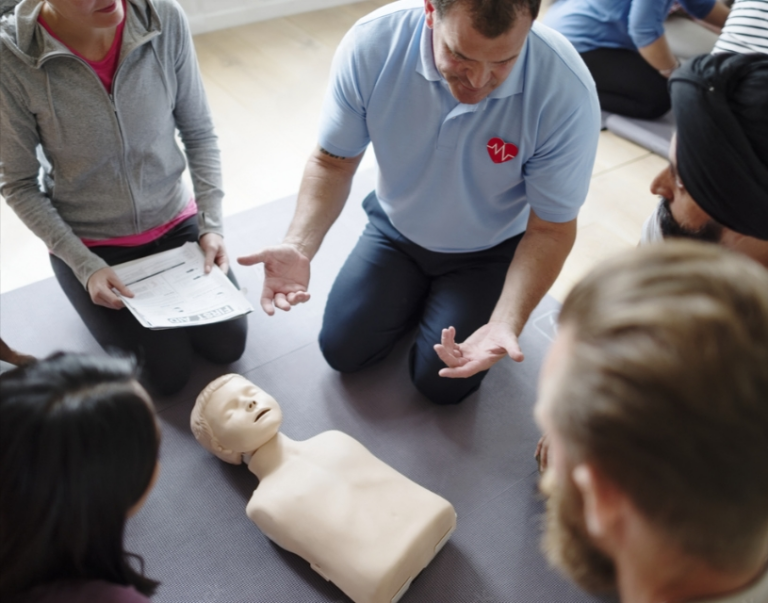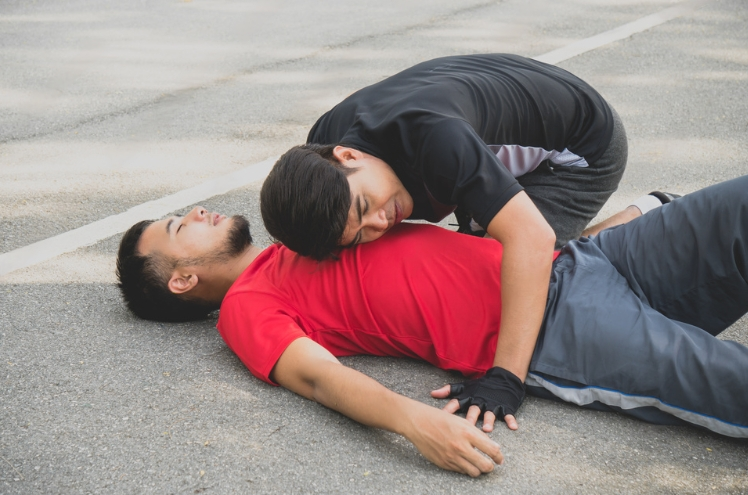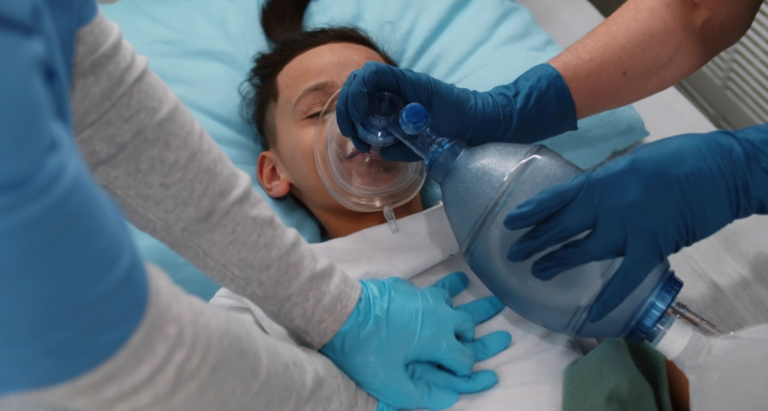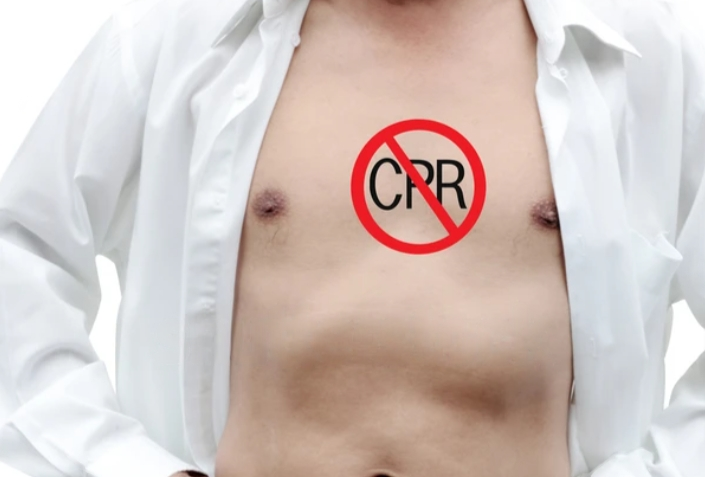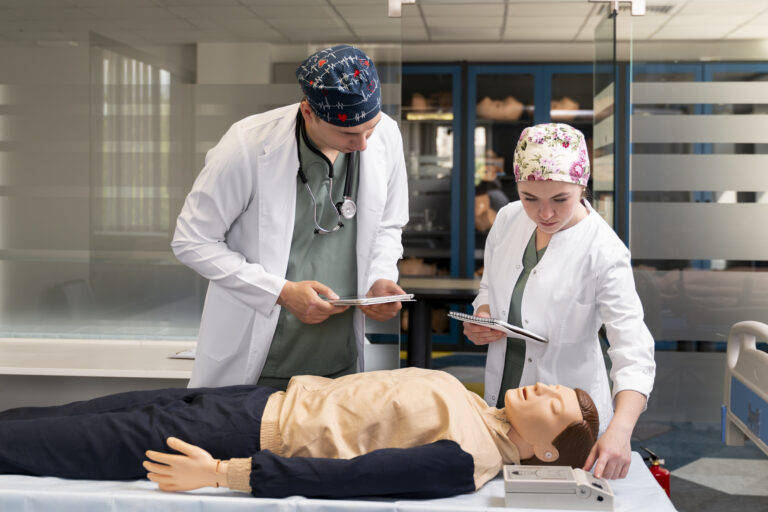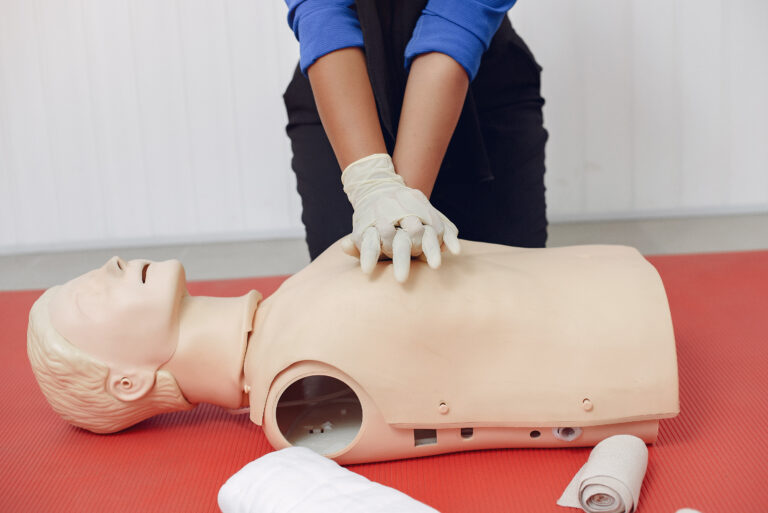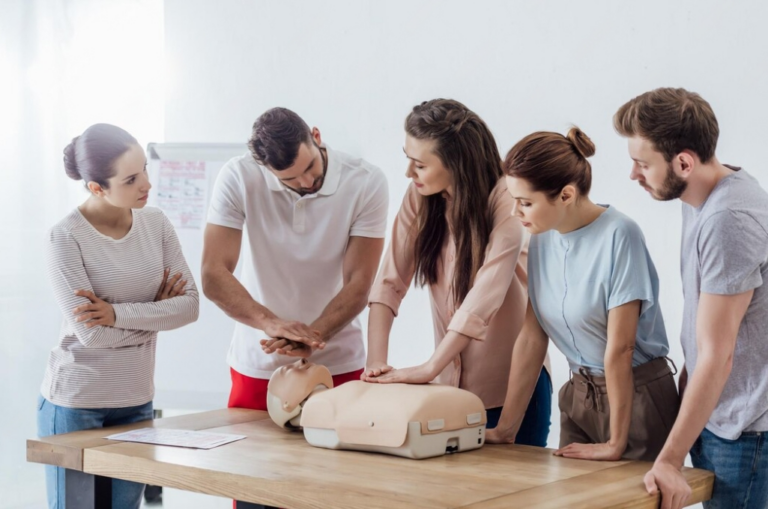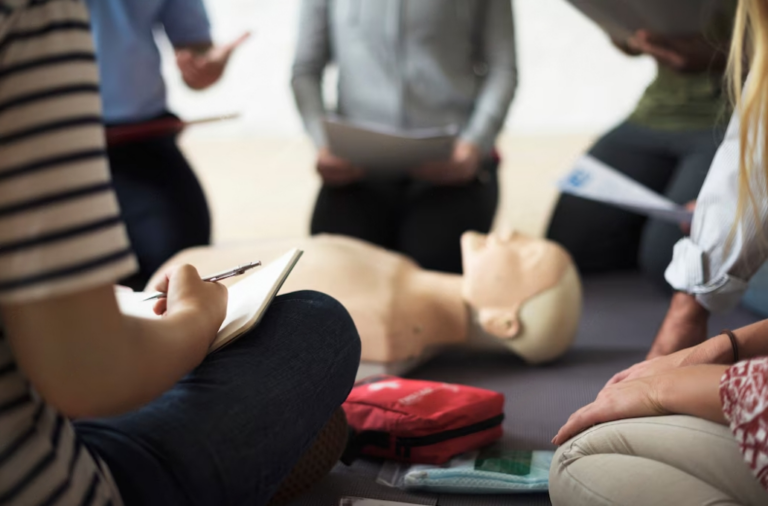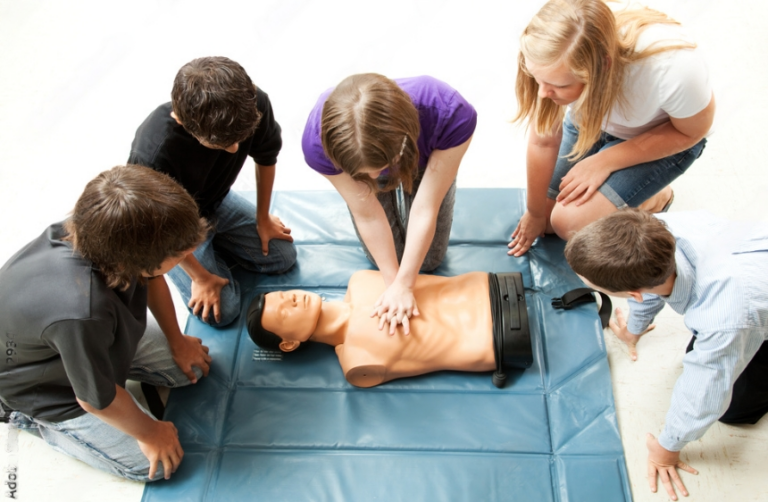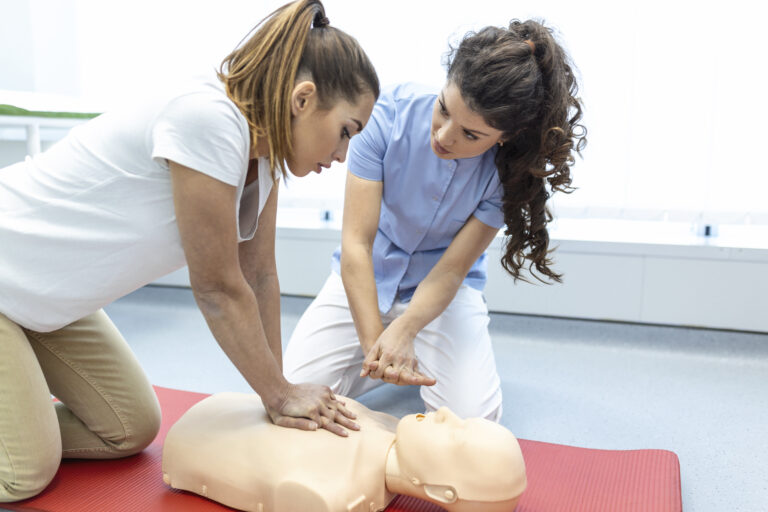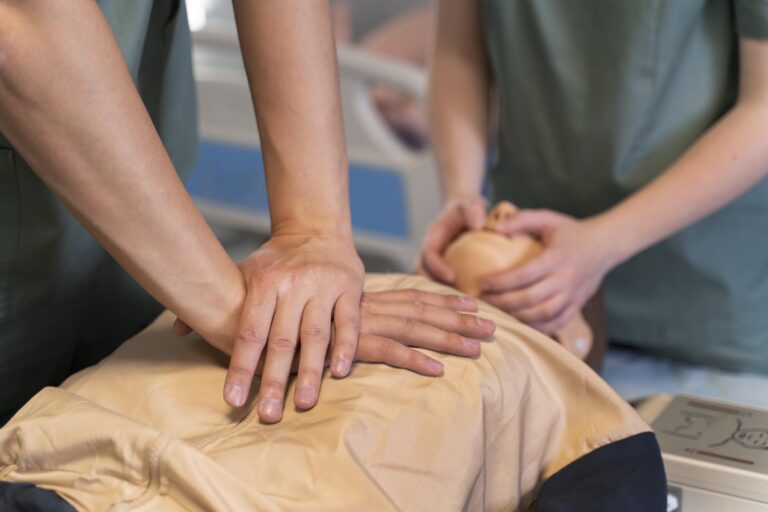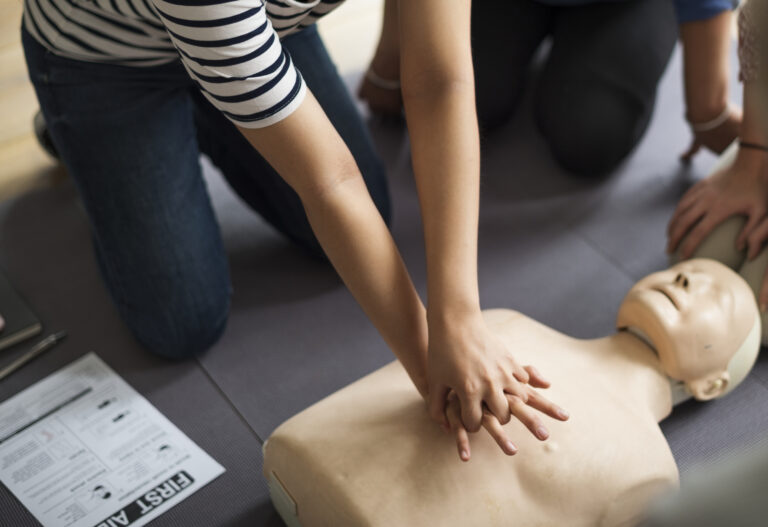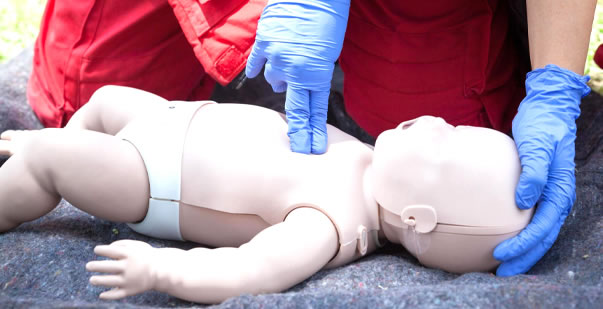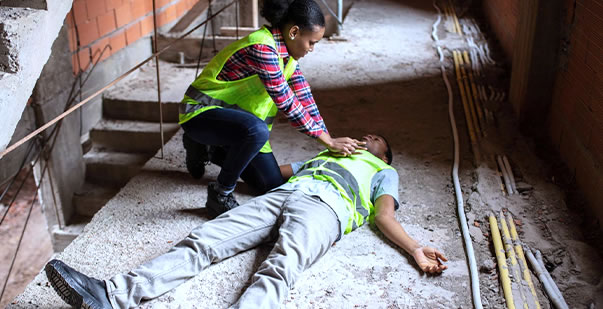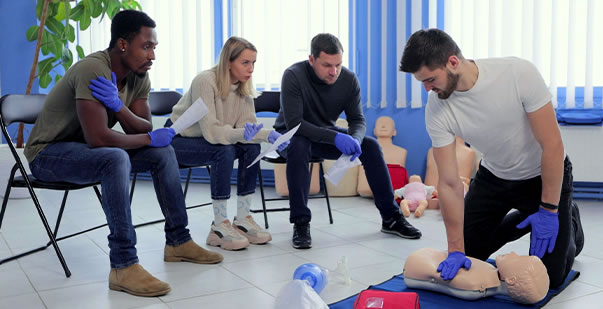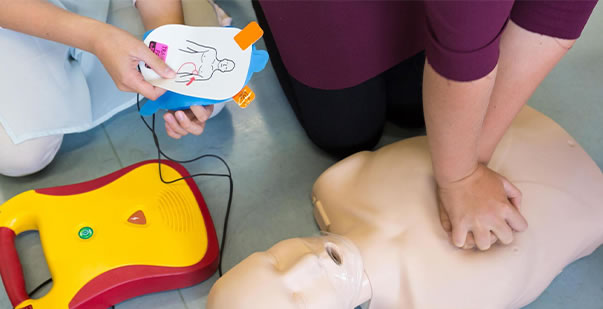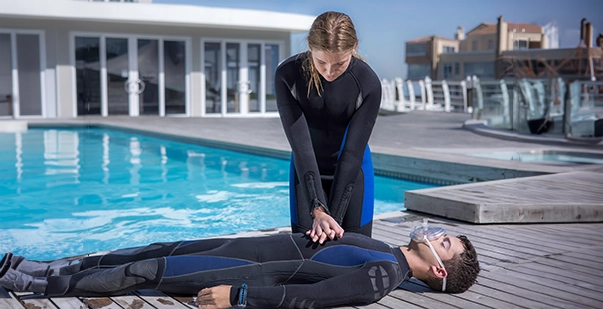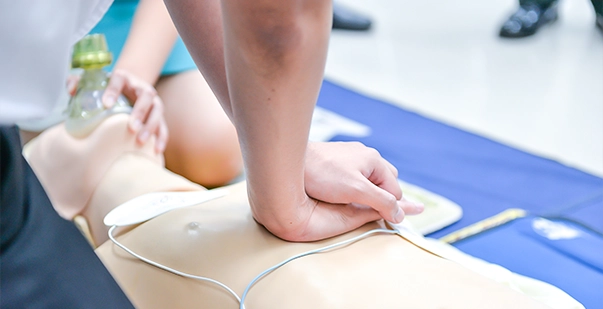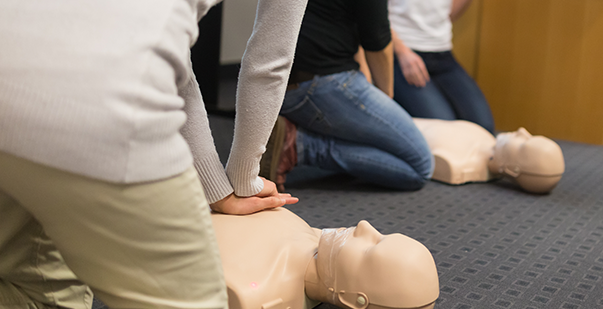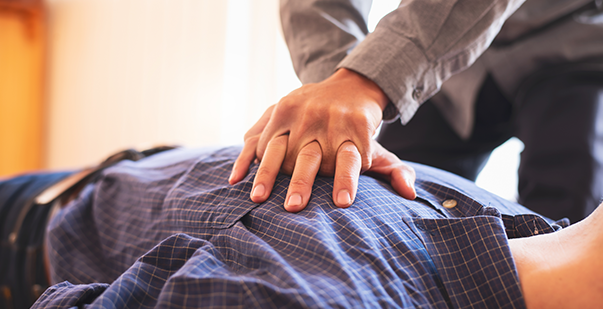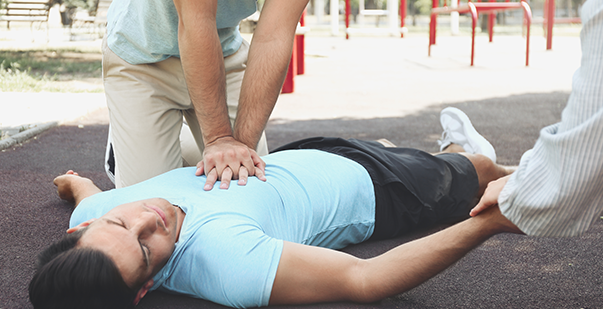Everyone around us is a bystander including us – from the bus driver, milkman, newspaper guy, and even the florist around the corner. A bystander is not acquainted with CPR knowledge as they have no professional training as a healthcare provider. A bystander has no idea about life-saving skills to help save a life. Many bystanders even walk past a victim for fear of performing CPR incorrectly. It takes proper knowledge, courage and training to stabilize a patient. If bystanders are willing to take the CPR training, they could immediately step up and spring into action. This article talks about the reasons why bystanders hesitate to perform CPR.
To answer this question, we think a large majority of people do not know how to perform CPR. You can sign up for online or blended CPR training from organizations listed on CPR Care Near Me so that you are not a mere bystander and save a life. Check out institutes that match your requirements and enroll yourself. You can help a loved one or a friend in need when you find the time to get CPR trained. There is no greater happiness in the world than helping someone in need.
Fears of CPR Response
Many people share the common fears that prevent them from performing CPR and saving a life.
- Fear of being sued: Imagine coming forward to perform CPR on an accident victim only to be sued later. However, to protect bystanders, there are Good Samaritan Laws set by the state. You do not need to stress as you will not be liable for any legal consequences for saving a patient’s life.
- Fear of hurting the victim: People are usually hesitant to deliver CPR as they fear that they may cause damage to the patient and fracture a rib. When you learn how to perform CPR from a reputable place like American HealthCare Academy, you do not have anything to worry about.
- Fear of performing CPR incorrectly: People are reluctant to perform CPR for fear of applying the wrong technique. There is a certain lack of confidence which arises in an emergency.
- Fear Of Incompetency: While performing CPR on a manikin is different, administering it to a human being can be the difference between life and death. The best solution is to get certified by the American HealthCare Academy and stay prepared with practical skills in emergencies.
- Fear of contracting a disease: A common myth that people have is that giving CPR can lead to contracting an infection or disease. While this is incorrect, this prevents a bystander from giving timely resuscitation.
Common reasons for the bystander effect
While every ounce of your body may want to help a victim in an emergency, studies suggest that bystanders refuse to do so because of the number of witnesses present. The more people standing, the less likely a person is willing to step forward and take action to help a person in trouble. Observers would help and come ahead to save a life if there are a few or no other witnesses.
The public experience with cardiac arrest may not necessarily draw people instantly to help. People tend to be hesitant for various reasons. Some common reasons for bystander effect are as follows:
- Victim of sexual assault.
- Hesitation of performing CPR on female victims.
- People addicted to drugs and alcohol.
- Intervening may lead to danger to one’s own life.
- Fear of being attacked by the victim.
- Social and religious indifferences.
- Fear of misunderstanding the context and seeing a threat when there might be none.
How to tackle it or spread more awareness?
How can you overcome the bystander effect? The only way of breaking the cycle is by being aware. As an individual, if you are in a situation where you are the bystander, you need to shrug away the fear that’s holding you back. Take the conscious decision to do the right thing and step ahead to help instead of wasting precious moments which matter. Make sure you are not putting yourself in grave danger. Sometimes it so happens that watching another person helping stirs something within us that makes us willing to lend a hand in times of crises.
What must bystanders do when a patient needs their assistance?
While the fear of CPR response may be grave, here are a few things you can do by being a helpful bystander.
- Call 9-1-1 and report the details of the accident and the patient’s condition.
- Calm the patient’s distressed and panicked family and friends. Ask them for further details about the patient if they have witnessed the accident. Find out if the patient has any medical condition or allergy to any medication.
- Check around the scene for possible dangers and remove the patient to a safe place.
- Ensure that a written record of the accident is done. Jot down simple pointers such as the time of the accident, the signs and symptoms of the patient and if the patient has any prior medical conditions.
- Make the most of being a bystander and stock up on essential supplies. A bystander is the best to source for supplies that a person may not necessarily have on them. Be helpful and provide water bottles, towels and a jacket if you have one.
Conclusion
Bystanders have a crucial role in society however, they frequently go unappreciated for what they do. Anyone who offers emergency services to civilians are referred to as emergency first responders. There are many CPR and First Aid training providers listed on CPR Care Near Me. You can choose to enroll and get certified in CPR and other life-saving techniques through the institute of your choice. Register now!

